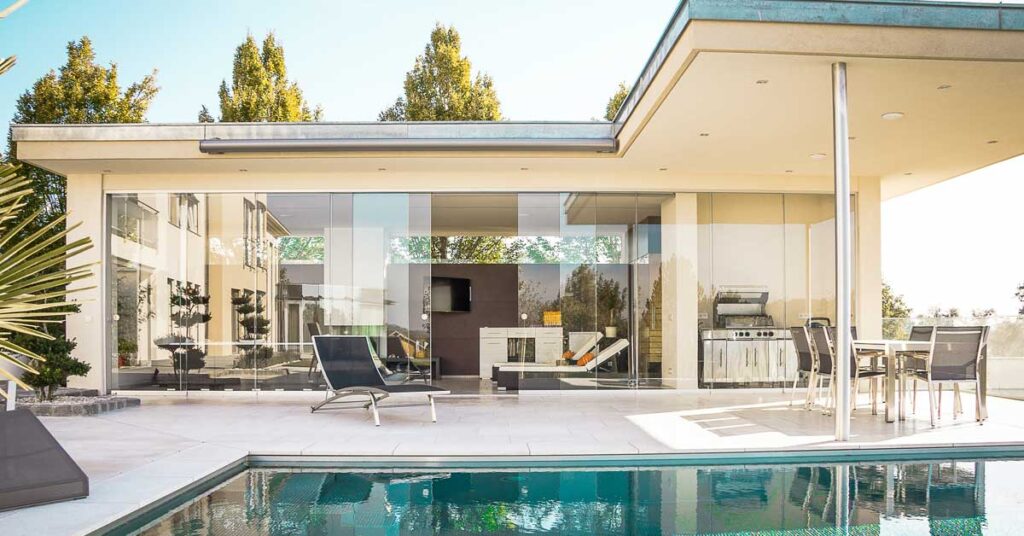Moving to a bigger home in a better neighbourhood sounds like a dream come true, but upgrading can go wrong if you don’t plan wisely.
While having more space can often be a good thing, it does come with added responsibilities and financial considerations. So it’s important to take these into account before you make your big move.
The upsides of upgrading
Space, glorious space
Perhaps you’ve got a growing family and your current property is bursting at the seams? Or maybe you’re feeling cramped and overrun by ‘stuff’ in your starter home and want more storage? Whatever your reasons, upgrading gives you more room to spread your wings.
An improved lifestyle
If you’ve always wanted a swimming pool, walk-in robe or just a more luxurious finish, then upgrading offers you the chance to better your lifestyle. Having a home office can save you on commuting, leaving more family time. Or say you love entertaining – an open plan living and alfresco area becomes the perfect spot to host weekend get-togethers.
A change of neighbourhood
Our preferences can change over time, so what was once your ‘perfect’ location may no longer be quite the right vibe. Upgrading means you can relocate to a different neighbourhood that’s more suitable for your needs. That could be a safer, more family-friendly suburb within walking distance to good schools. Or you could swap a more suburban location for the bright lights and buzzing lifestyle of the CBD.
The downsides of upgrading
It’s more expensive
Everything is bigger when you buy a bigger house, especially bills. While you might expect to pay more for your mortgage, your extra costs don’t just stop there. Energy, water, council rates, insurance, maintenance, renovations and furnishing all come with a higher price tag when you upsize your living quarters.
More responsibilities
Larger properties often need a lot more work to keep them in tip-top condition. That means more time out of your life spent cleaning, cutting the grass, painting rooms, and fixing all the various things that can, and often do, go wrong.
Is bigger truly better?
If you want to avoid the traps of upgrading, it’s important to think critically about your goals before you start house hunting. Ask yourself:
- Why do you want to upgrade? Understanding your motivation can help you determine if you’re making a sound investment. If it’s for lifestyle reasons, could renovating your current home bring about the changes you want instead?
- How many rooms do you need – and will you actually use this extra space?
- How will the new home fit into your future needs? For example, if you’re planning on having more kids or getting a family pet later on, it’s a good idea to factor this into your plans. This can save you from having to upsize again in the years to come.
- Where do you want to be in the long-term? Choose a neighbourhood that works for your needs now and in the future.
- How much can you borrow?
- Can you afford the higher mortgage repayments?
- Can you afford the larger expenses associated with a bigger home? Will this impact on your lifestyle leaving you ‘house rich but cash poor’?







